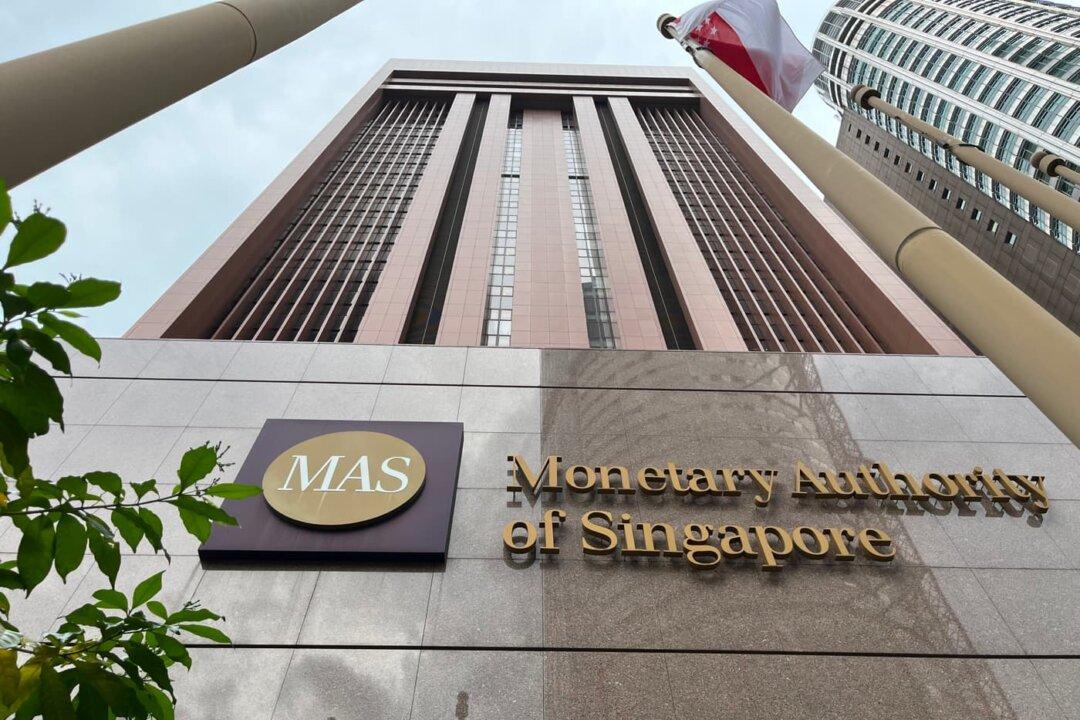Singapore authorities announced the “fully vaccinated” status of residents would lapse nine months after their last dose unless they get a booster shot.
In a press conference on Jan. 5 by the Multi-Ministry Taskforce overseeing Singapore’s response to COVID-19, Minister of Health Ong Ye Kung announced the full vaccination status would now have an expiration date.




